NSERC celebrates winners of annual 2025 research excellence awards
19 Canadian scientists showcase Canada’s “immense and diverse pool of talent”
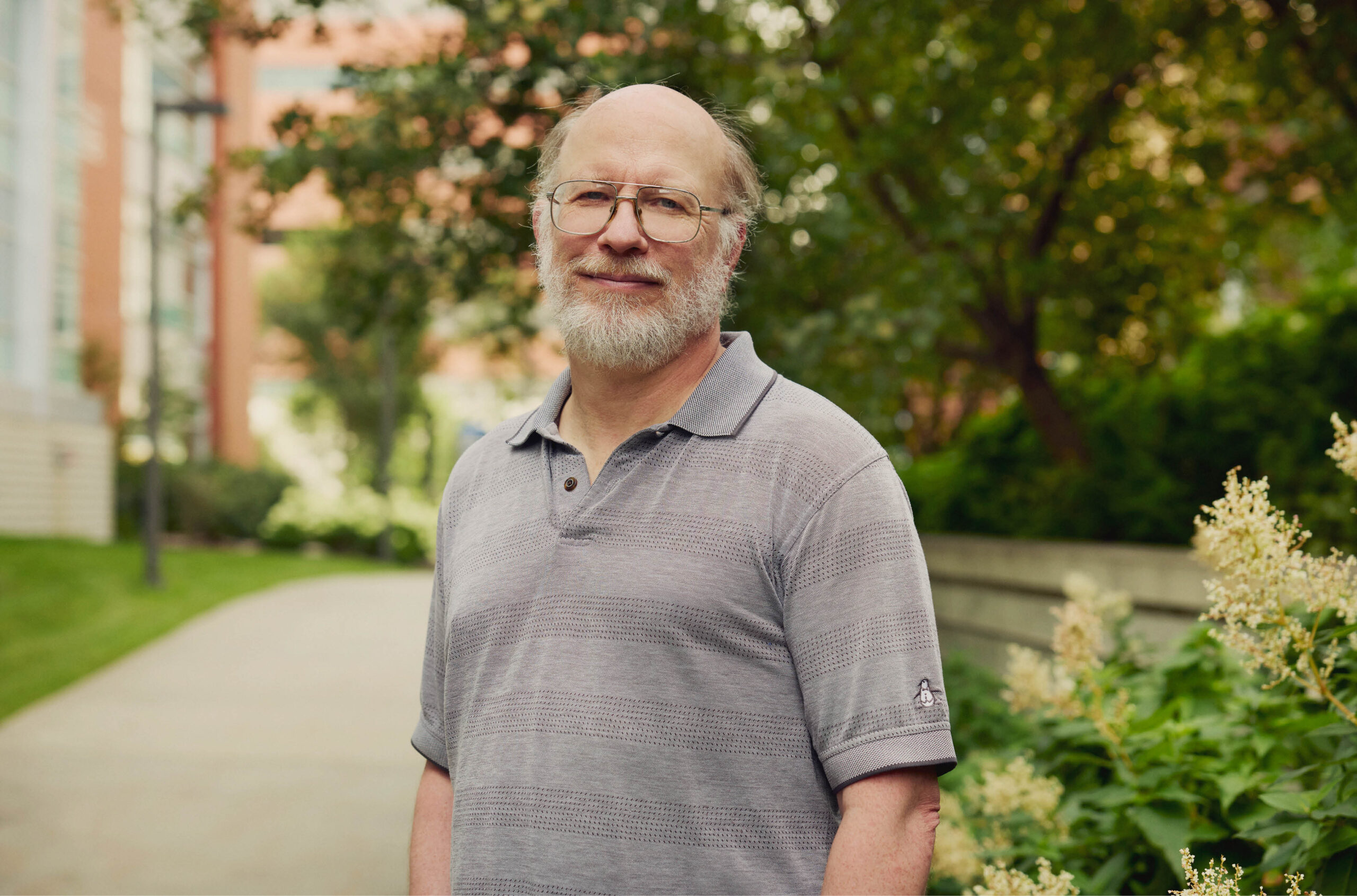
The Natural Sciences and Engineering Research Council of Canada (NSERC) unveiled the recipients of its prestigious annual awards. The 2025 cohort honours 19 scientists and nine private-sector partners who are pushing the boundaries of knowledge — in fields from personalized medicine to astrophysics, as well as infrastructure security and the sustainable management of natural resources.
The NSERC awards highlight the key role that research in science and engineering plays in driving innovation, supporting Canadian competitiveness and training the next generation of talent. “Each year, the NSERC awards are presented to remarkable individuals whose discoveries, technologies, and innovations have a profound—though often subtle—impact on our lives,” noted NSERC President Alejandro Adem in a press release. “Canada is home to an immense and diverse pool of research talent.”
Here’s a look at the individual awards and this year’s recipients:
Gerhard Herzberg Canada Gold Medal for Science and Engineering
The Gerhard Herzberg Canada Gold Medal for Science and Engineering is awarded annually to an individual in the natural sciences or engineering who has demonstrated persistent excellence and influence. The award celebrates Canada’s most outstanding scientists and engineers.
Recipient:
David Wishart, from the University of Alberta, is a pioneer in metabolomics, advancing disease detection and personalized medicine. Dr. Wishart’s research involves decoding molecules flowing through our bodies to reveal insights into what we eat and how we live impacts what illnesses we may face. Throughout his 30-year career as a leading figure in the field of metabolomics, Dr. Wishart helped revolutionise how we detect diseases, how we understand the chemical effects of our environment and how we can personalize nutrition to improve health outcomes.
Dr. Wishart’s team was the first to automate metabolomics testing, later building the world’s largest open-access database for human metabolites. His lab is also credited with developing MetaboAnalyst, a user-friendly online tool that helps researchers interpret complex metabolomics data. These tools have made it possible for researchers around the globe to quickly identify thousands of chemicals in a single sample, to predict how chemicals behave in the body, to identify previously unknown chemicals, and even design new drugs.
More recently his team has been using machine learning to identify unknown chemicals—including hidden environmental toxins—and predict how the body will respond to them. Dr. Wishart is pioneering exposomics, a new field that studies how chemicals in our environment affect our health. The databases he developed for exposomics are now used by scientists in more than 200 countries.
John C. Polanyi Award
Created in 2006, the John C. Polanyi Award is given to an individual or team whose research, conducted in Canada, has led to a recent outstanding advancement in any NSERC-supported field of the natural sciences or engineering.
Recipient:
Jeremy Quastel, a mathematician at the University of Toronto, is advancing our understanding of randomness in nature through his pioneering work in probability theory. His research focuses on the KPZ fixed point, a newly constructed mathematical object that explains how seemingly unrelated random growth processes, such as coffee stains or bacterial colonies, share universal patterns.
By demonstrating how many models, including the foundational KPZ equation, converge to this fixed point, Dr. Quastel has unified major areas of mathematical research. His work paves the way for new discoveries in fields ranging from physics to biology and will help scientists better predict and model dynamic systems, leading to innovations in areas such as materials science and biological growth.
Donna Strickland Prize for Social Impact of Natural Sciences and Engineering Research
The Donna Strickland Prize is awarded annually to an individual or team whose outstanding research has led to exceptional benefits for Canadian society, environment and/or economy.
Recipients:
Xiaoyi Bao, physics professor at the University of Ottawa, is turning tiny threads of glass into guardians of public safety. Her novel distributed acoustic sensor (DAS) technology transforms ordinary optical fibres into ultra-sensitive “ears” that detect stress, cracks, and vibrations in infrastructure ranging from bridges and pipelines to railways and reactors.
Beth Parker, hydrogeologist at the University of Guelph, has revolutionized how we protect Canada’s most vital freshwater resource — groundwater — by probing deep into the earth to research contaminant movement in fractured bedrock aquifers.
Synergy Award for Innovation
The annual Synergy Awards for Innovation recognize examples of collaboration that stand as models of effective partnership between partner organizations and colleges or universities.
Recipients:
Richard Ernst, scientist-in-residence in the department of earth sciences at Carleton University, is a global leader in the study of large igneous provinces (LIPs), massive volcanic events that shape continents and influence climate. Through the Carleton University–Resource Exploration Consortium, he has built a 19-year partnership with over a dozen exploration companies and scores of researchers worldwide to unlock Canada’s critical mineral potential.
The Consortium’s research connects ancient volcanic activity to mineral-rich zones using geological reconstructions to trace ore deposits across continents. By studying LIPs in Canada and abroad, the team has developed innovative exploration strategies that help industry partners identify new targets with greater precision.
Dr. Ernst’s work is laying the foundation for sustainable resource development while deepening our understanding of Earth’s geological and climatic history.
Edith Laflamme, executive director of the Centre des technologies de l’eau (centre for water technologies) in Montreal, leads a team of innovators, including Patricia Gomez, Romain Philippe and Rachida Hamidou, who are revolutionizing stormwater management through sustainable solutions for urban environments and ecosystem Together with the Groupe Brunet, they have perfected the SDD3, a hydrodynamic oil and grit separator system that effectively captures suspended materials from stormwater runoff.
Georges Kaddoum, full professor of electrical engineering at École de technologie supérieure (ÉTS), is improving public safety by developing intelligent wireless networks that maintain reliable communication in extreme and unpredictable environments.
In partnership with Ultra Electronics, Dr. Kaddoum has led the creation of next generation tactical wireless networks (TWNs) designed for high-risk, rapidly changing conditions. These AI- and machine learning-powered systems automatically configure, optimize, and recover from disruptions, ensuring uninterrupted connectivity for first responders, public safety teams, and military personnel during natural disasters and emergencies.
Mike Dixon, director of the Controlled Environment Systems Research Facility at the University of Guelph, together with Youbin Zheng and Thomas Graham, is pioneering the future of sustainable agriculture through advanced vertical farming technologies.
In collaboration with Intravision Group and its Canadian subsidiary, the team has developed some of the world’s most sophisticated tools for plant science research. Central to this innovation are the Photosystem Chambers™ — custom-engineered growth environments that simulate precise conditions to study plant–environment interactions and optimise crop yields. These chambers, along with the fully automated GravityFlow™ vertical farming system, enable scalable production of food and medicinal crops in controlled environments, independent of climate or geography.
Arthur B. McDonald Fellowship
Arthur B. McDonald Fellowships recognize early-stage academic researchers in the natural sciences and engineering.
Recipients:
Andrew Tanentzap, a Canada Research Chair at Trent University specializing in ecology and evolutionary biology, is deepening understanding of how carbon cycles through ecosystems. His work digs into the microscopic interactions between carbon, organic molecules and microbes and is improving how we predict and mitigate the effects of climate change.
Amanda D. Melin, a Canada Research Chair in the department of anthropology and archaeology at the University of Calgary, is redefining how we understand the senses by studying how primates perceive the world and what that reveals about human evolution.
Zachary Hudson, a professor of chemistry at the University of British Columbia, is developing advanced materials that are transforming how we diagnose disease, reduce electricity consumption, and reduce plastic waste.
Renée Hložek, associate professor of astronomy and astrophysics at the University of Toronto, is deepening our understanding of the universe by exploring the fundamental nature of dark matter and dark energy.
Julie Hlavacek-Larrondo, a full professor of physics at Université de Montréal specializing in high-energy and extragalactic astrophysics, is transforming our understanding of black holes and their role in shaping the cosmos.
Tohid Didar, associate professor of biomedical engineering at McMaster University, is developing nano-biomaterials that improve public health by reducing food waste, fighting infections, and advancing women’s health.
Featured Jobs
- Psychology - Assistant ProfessorSt. Jerome's University
- Law - Assistant or Associate Professor (International Economic Law)Queen's University
- Education - Indigenous Lecturer or Assistant Professor, 2-year term (Teacher Education)Western University
- Director and Stauffer-Dunning Chair, School of Policy Studies - Associate or Full ProfessorQueen's University
- Business - Assistant Professor (Digital Technology)Queen's University


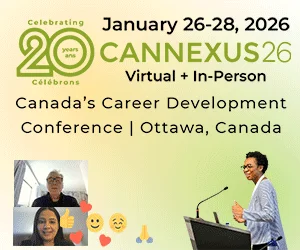

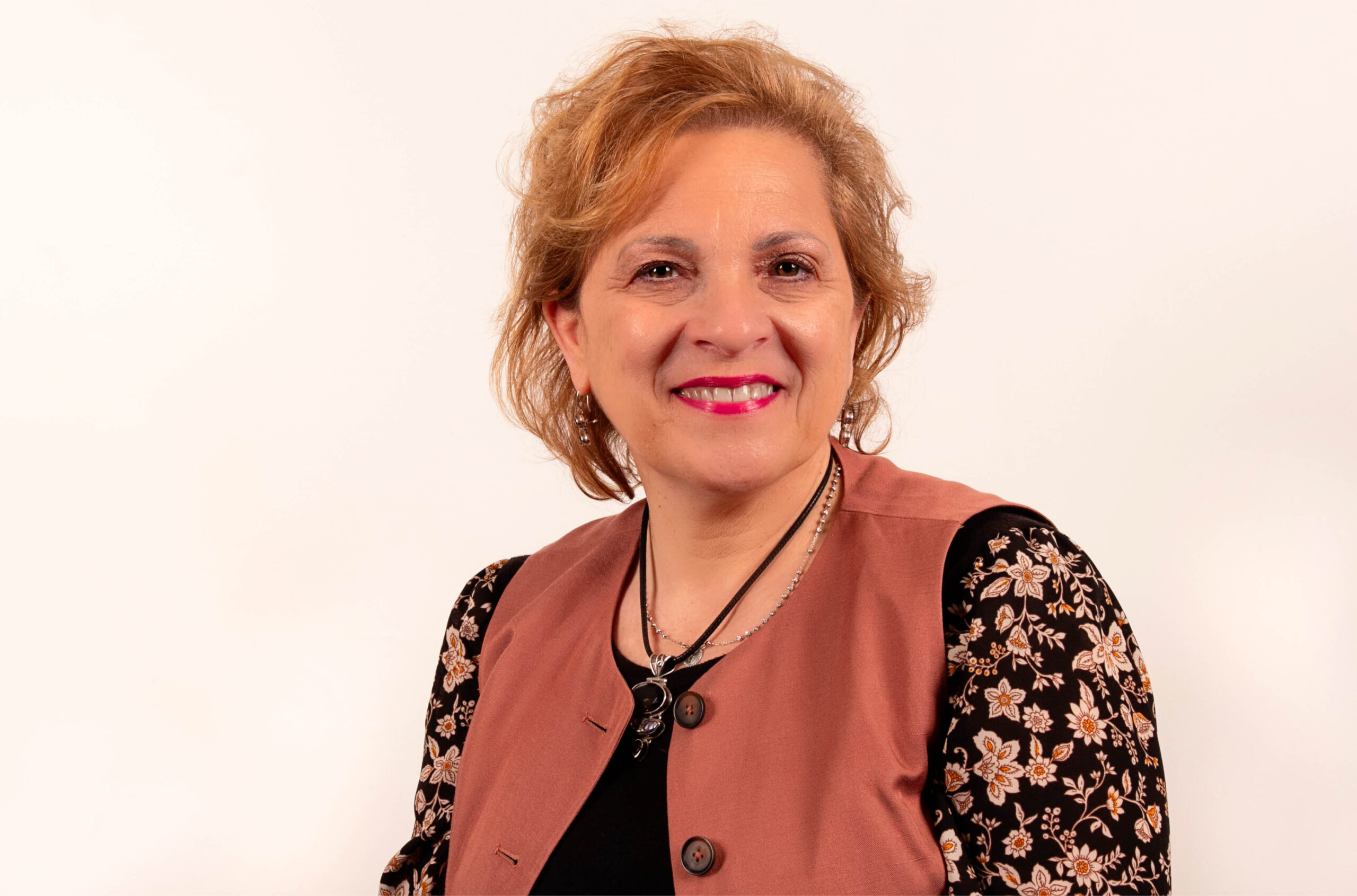

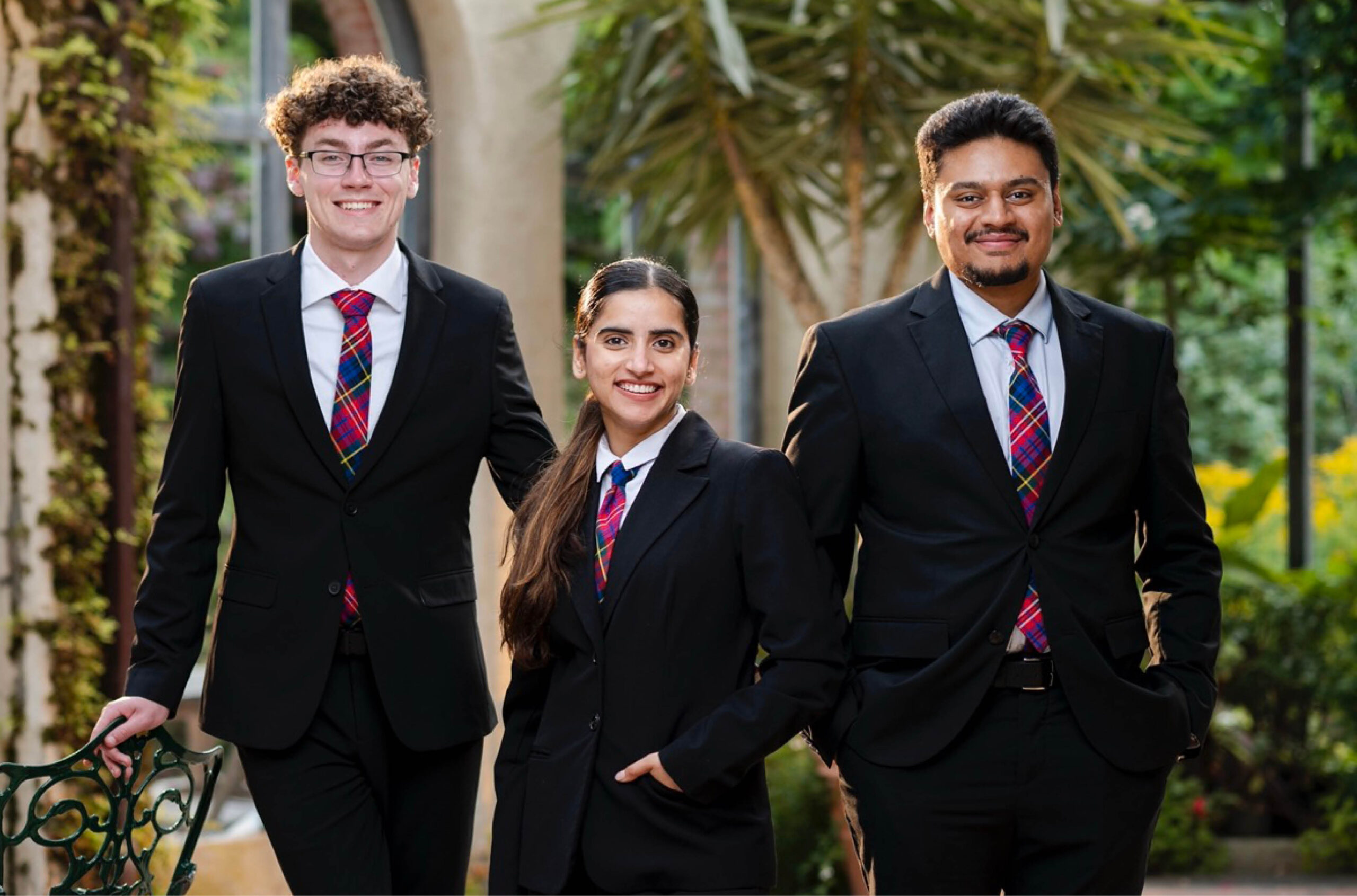




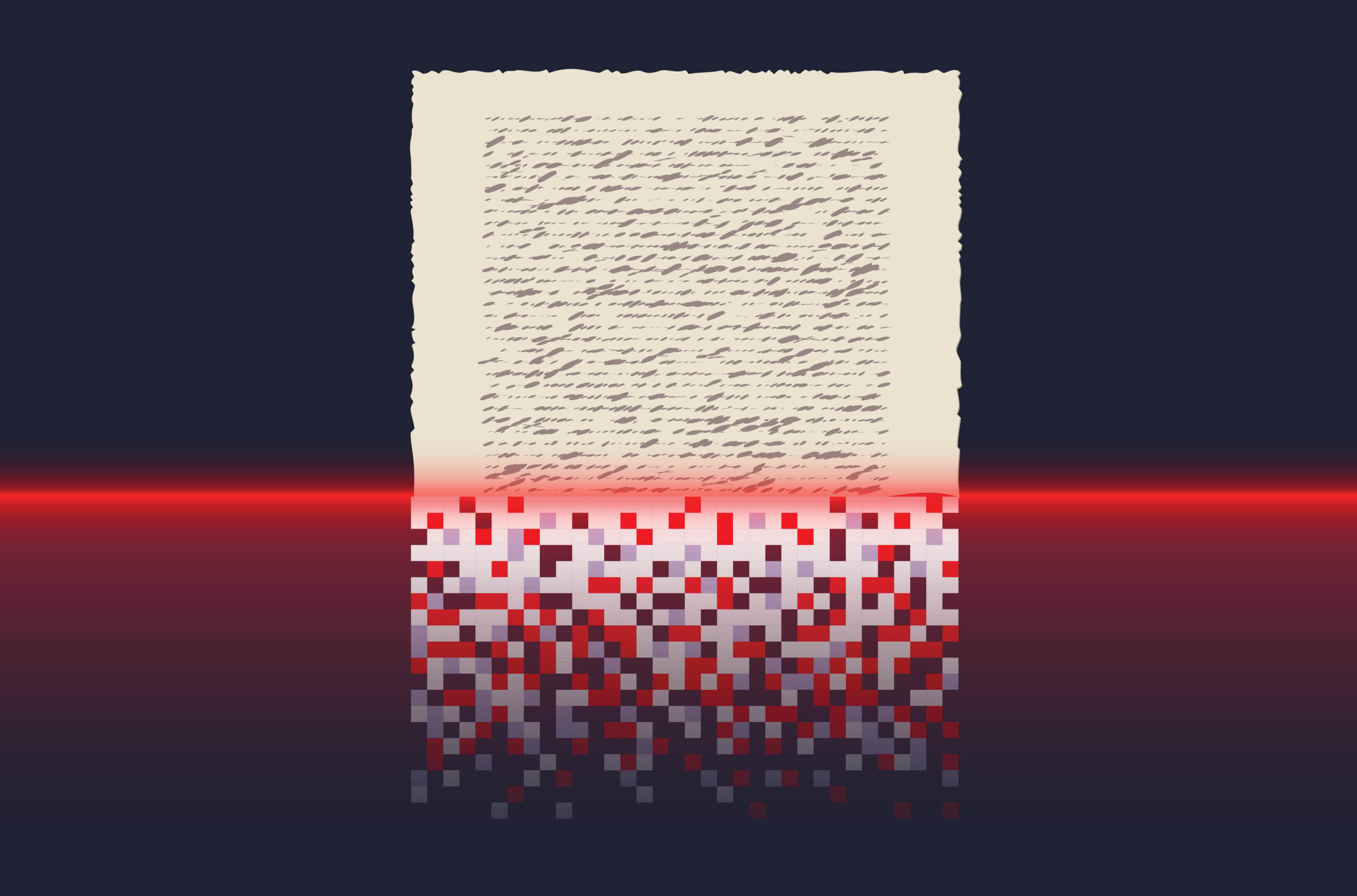

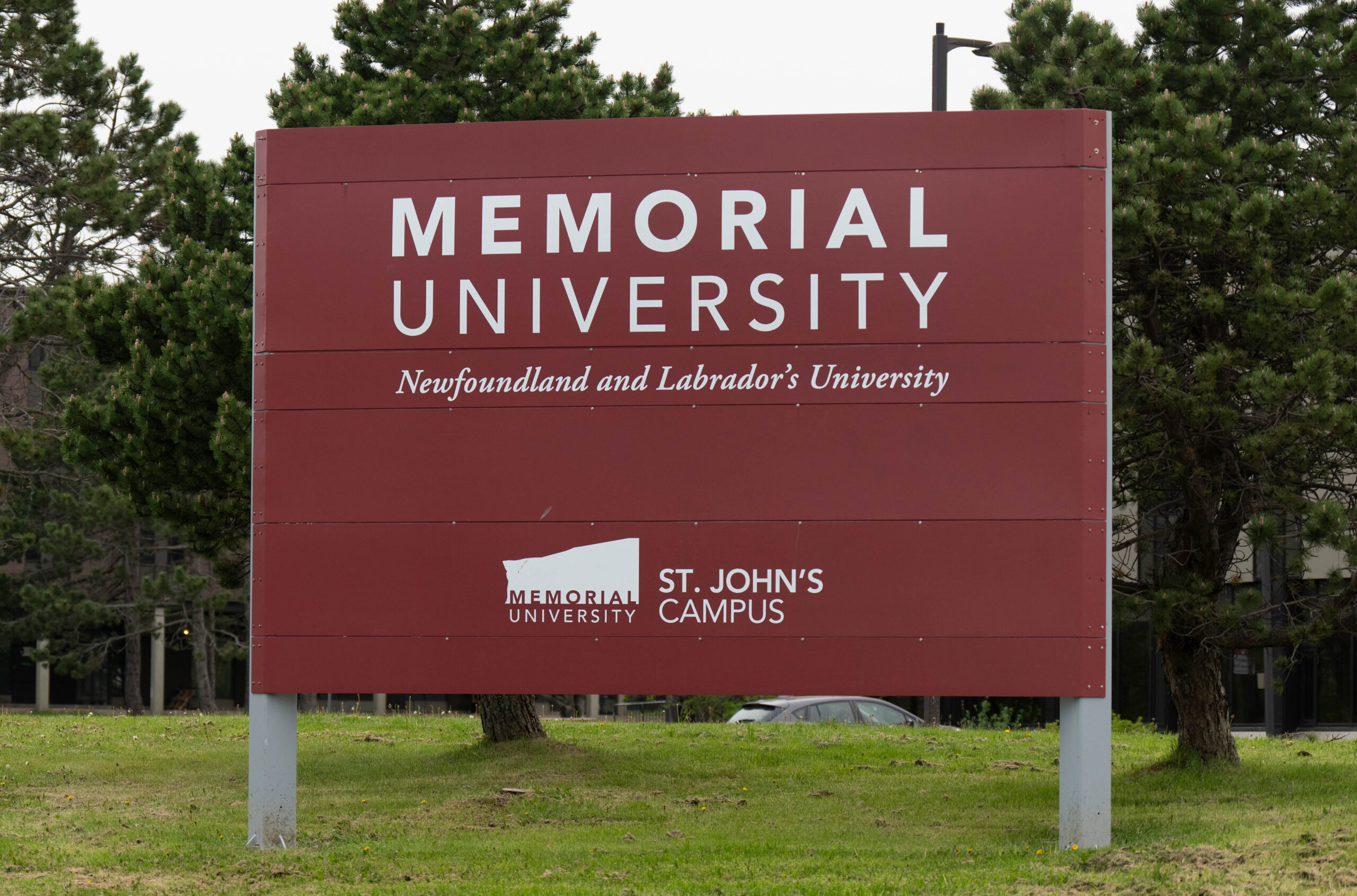


Post a comment
University Affairs moderates all comments according to the following guidelines. If approved, comments generally appear within one business day. We may republish particularly insightful remarks in our print edition or elsewhere.